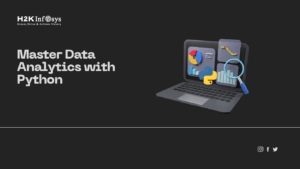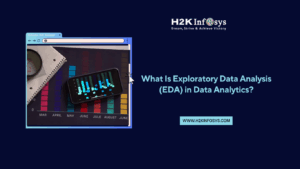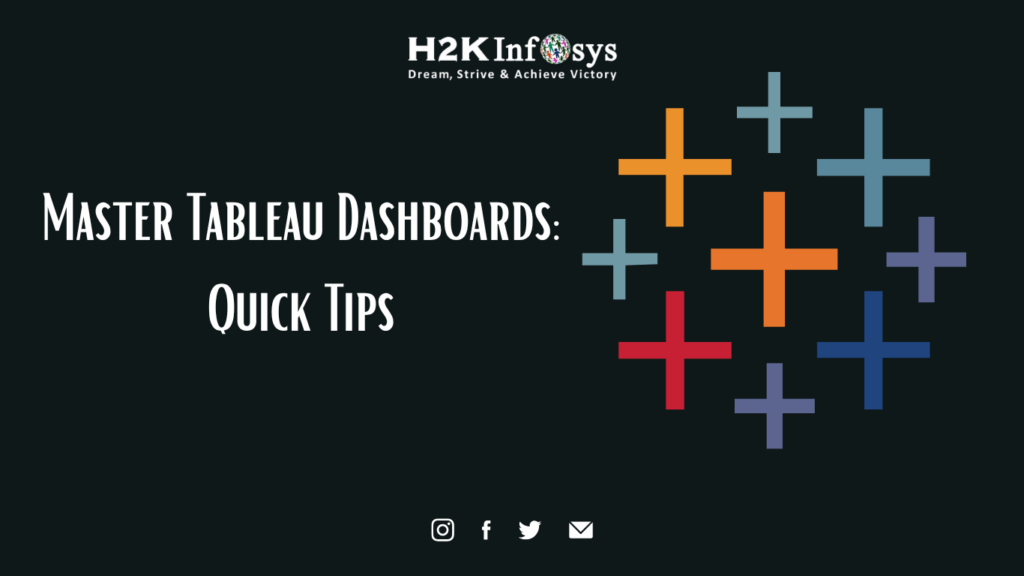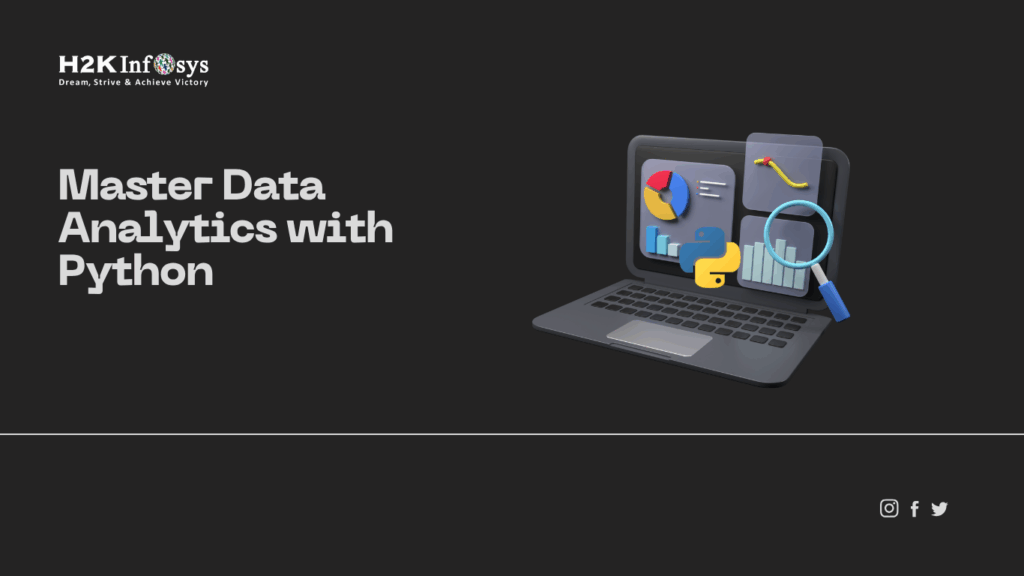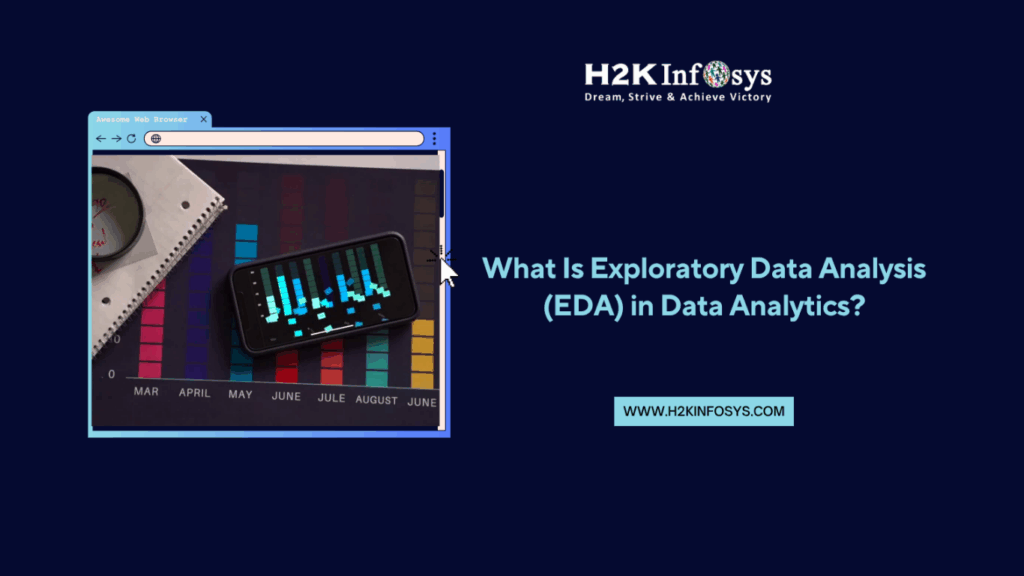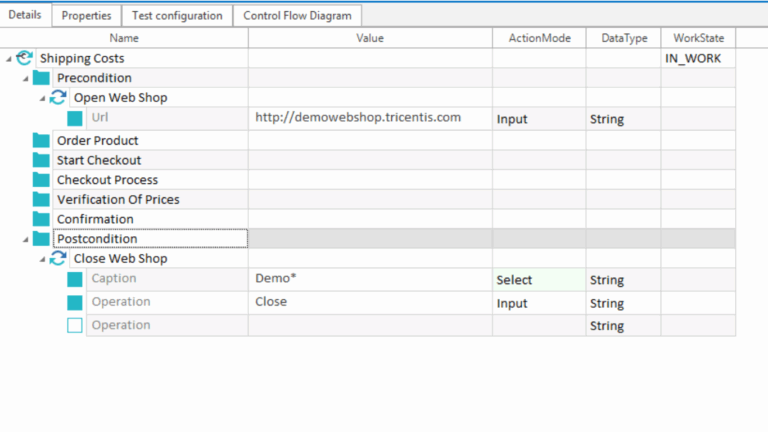An analytical mind interested in decoding is the perfect recipe for a data analyst or data scientist’s career. Both of these jobs are quite popular in the tech world, and they pay handsomely as well. However, both the terms’ data scientist’ and ‘data analyst’ tend to confuse even those who have a basic knowledge of data science. As evident from the names, the analyst and scientist both work with data. Nonetheless, the critical difference lies in what they individually do with the data.
Who is a data analyst?
A data analyst sifts through data and curates meaningful insights and trends from the data. What stories do the numbers tell? A data analyst can develop charts and visual representations. These, in turn, help businesses to make more strategic decisions.
A data analyst can study a defined set of data with an arsenal of tools. Python, Hive, Excel, and Impala are the most commonly used tools.
A data analyst presents data and gives decisive proof of the found concepts. The job requires a proper Data analyst certification. It is not all skills learned through trial and error.
Who is a data scientist?
A data scientist combines sound business understanding with data handling and programming to give better results. A data scientist can question the unknown, write algorithms, and build statistical models. Typically a data scientist can do an analyst’s work but has excellent machine learning and programming skills.
What does a data analyst do vs. what does a data scientist do?
A data analyst can only infer a meaningful insight from the given set of data. However, a data scientist can predict the future based on past patterns.
A data scientist’s job is to present new information and estimate the known. On the other hand, a data analyst looks at the available data with a new perspective.
A data scientist aims to give new questions. A data analyst offers answers to questions from a given set of data.
Data analysts’ findings help business. Data scientists choose to solve those problems which will benefit the business significantly.
Data analysts have all the day to day analysis. However, a data scientist will answer all your ‘ifs.’ A data scientist will give all the information required for making critical decisions in a company.
Skills required
A data analyst requires adequate knowledge. A data analyst must have a keen understanding of math and statistics. Also, a data analyst should be a master of SQL. Data analyst certification course online is a good option for those who want to discover this field more. However, degree holders of maths, statistics, and business focusing on analytics can also pursue a career as a data analyst.
A data analyst also has a solid understanding of reliable data mining techniques. In addition, strong written and verbal communication skills help in reporting immensely.
A data scientist has the same skills an analyst has. However, it is the additional skills that make the difference. A data scientist has a strong foundation in computer science, modeling, and math. Programming skills are essential for a data scientist. A data scientist uses Machine learning techniques such a clustering and artificial neural network. A data scientist can maintain and data-driven optimization models, forecasting algorithms, and constraint models. Choosing between both careers depends on your background. However, Data analyst certification for beginners can be your starting point if you have no prior knowledge or degree. What is essential is that you have intricate analytical skills and a good grip on learning novel concepts.





